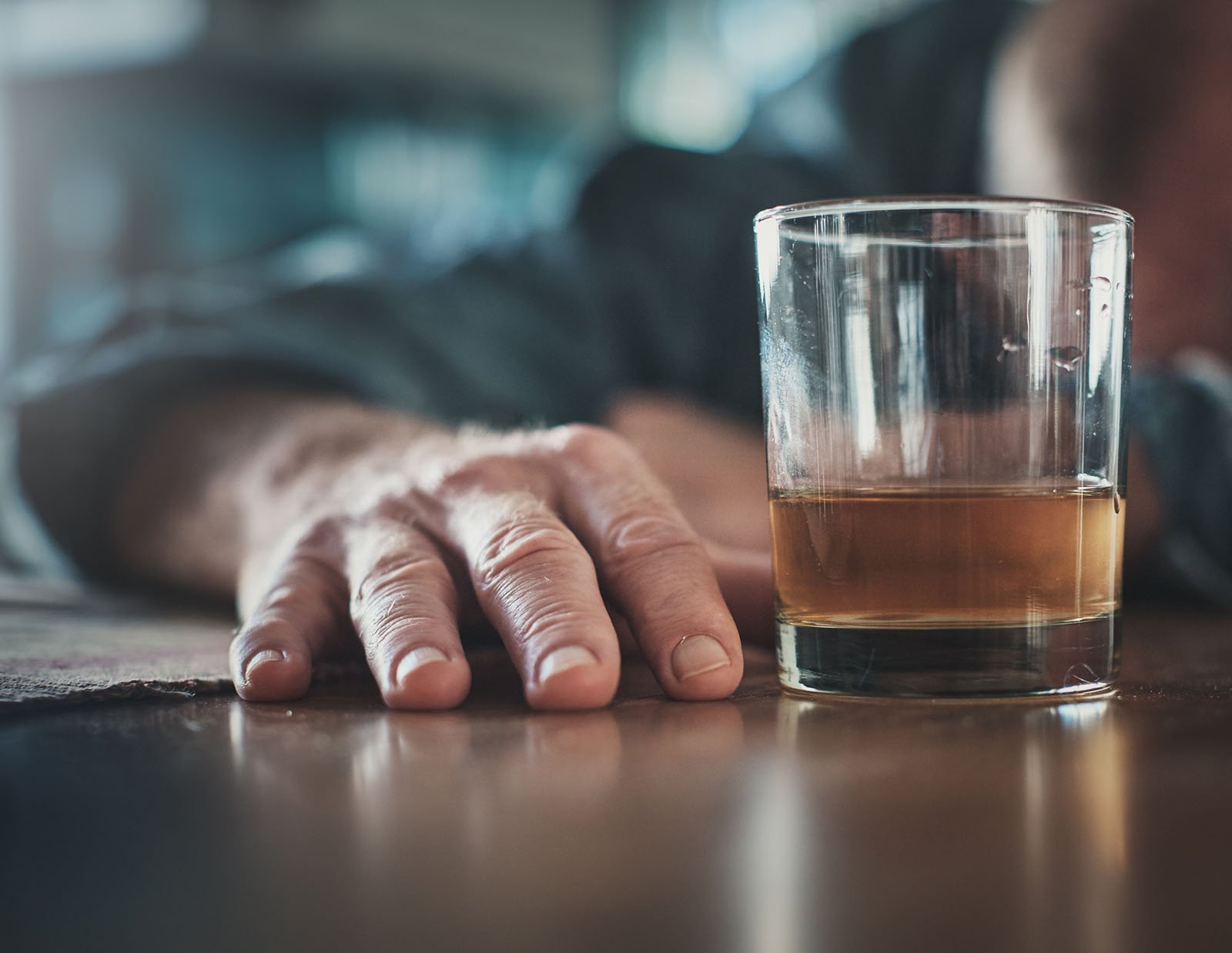People usually drink, use and relapse not because they don’t know about the problem and its consequences… They usually drink, use and relapse because they haven’t developed skills necessary to more effectively access pleasure and cope with distress. The most significant sign that drug or alcohol use has gone beyond “recreational” to “problematic” is when someone continues to drink or use DESPITE encountering consequences from their use. Such consequences can range from social embarrassment, to problems at work or at home, to legal or health problems. If someone runs into problems created by their alcohol or drug use but choose to drink or use again, the alcohol or drug has taken over. Other common signs and symptoms include the following:
INCREASING THE AMOUNT, FREQUENCY AND DURATION OF ALCOHOL AND/OR DRUG USE.
As people use drugs and alcohol for pleasure or to relieve distress, they develop a “tolerance” and need to increase their intake to get the same effect.
DISENGAGEMENT FROM PRODUCTIVE, HEALTHY RELATIONSHIPS AND ACTIVITIES.
People seeking pleasure or relief from distress increasingly rely upon their alcohol or drug use and decrease their practice of other pleasurable or recreational activities. They start to use the “easier, softer way” to achieve pleasure and relief.
INABILITY TO EXCHANGE HELP AND SUPPORT WITH OTHERS.
Drugs and alcohol become front and center of the problem user/ drinker’s life. Less attention and energy is available for helping or getting help from others. The drug and alcohol become a very narrow route for life’s solution.
DENYING OR MINIMIZING PROBLEMS RELATED TO THEIR DRINKING OR DRUG USE.
Embarrassment, social stigma, shame contribute to the problem drinker/ user trying to “protect” their habit with secrecy. Since using and/or drinking has become the patient’s singular solution, being confronted or directed to “quit” is extremely threatening. They have lost their solutions to life’s problems and their need for pleasure.
INABILITY TO MANAGE THEIR IMPULSES AND REGULATE THEIR EMOTIONAL RESPONSES.
Since the use of non-chemical coping strategies and interpersonal connections diminish over the period of problematic drug use, problem drinkers and users lose their ability to manage their impulses and emotional reactions.
DISTORTING THE TRUTH ABOUT SUBSTANCE USE; CONCEALING SUBSTANCE USE; MINIMIZING THE EFFECTS OF SUBSTANCE USE; DENYING THE EFFECTS AND CONSEQUENCES OF SUBSTANCE USE.
The problem user/ drinker finds it necessary to “protect” their habit with distortion and deception. Using and/or drinking becomes the only solution. Becoming confronted or questioned about the “truth” threatens their wellbeing. Drugs and/or alcohol have become their only solution to life’s problems and their need for pleasure.
ROMANTICIZING DRUG USE OR PERSISTENT INTEREST IN SUBSTANCE USE.
Drugs and/or alcohol has become the problem drinker/ user’s best, sometimes only friend. Their wellbeing, their solutions and all pleasure revolves around drug and/or alcohol use.
INCREASING CONTACT WITH DRINKING/ USING FRIENDS AND NEGLECTING OTHER MORE HEALTHY AND BALANCED RELATIONSHIPS.
When relating with others, alcohol and drugs become a necessary part of relating and socializing. Without drugs and/or alcohol, the benefits of relating to others is inadequate. If you or someone you love is experiencing any of these symptoms and you’d like to reach out to us for treatment options, our phone lines are always open. You can reach us at (866) 594-8844.
Twin Town Treatment Centers is immediately accessible to all Los Angeles and Orange County residents, is accredited by The Joint Commission, and is certified by the California DHCS. All network HMO/PPO/EPO insurance plans and Medi-Cal contract with Twin Town Treatment Centers to provide drug and alcohol rehabilitation. Our phone is answered by real people. We can see people on the same day you call. (866) 594-8844
DO YOU HAVE ANY ADDITIONAL QUESTIONS OR COMMENTS?
866.594.8844
contactus@twintowntreatmentcenters.com




